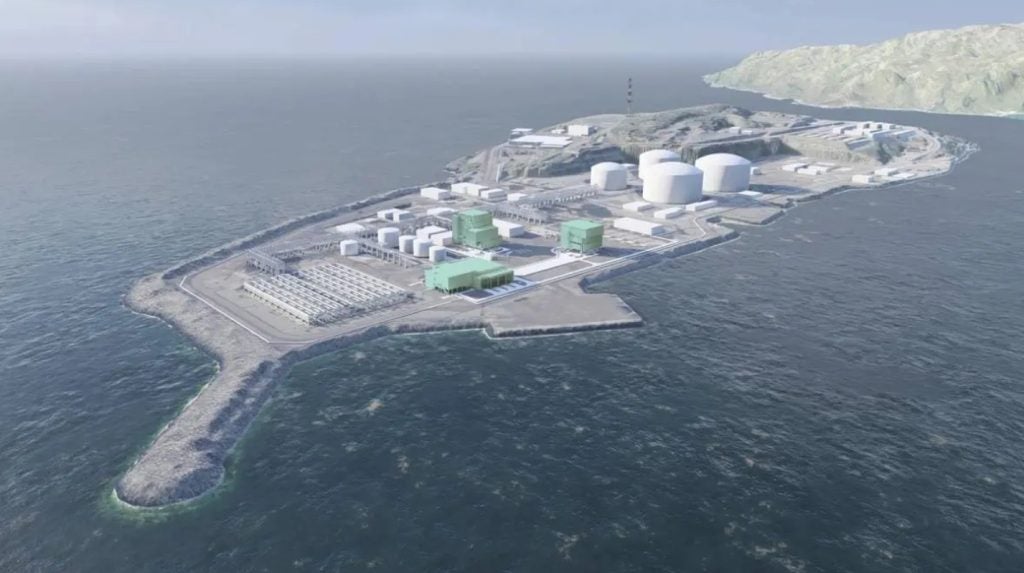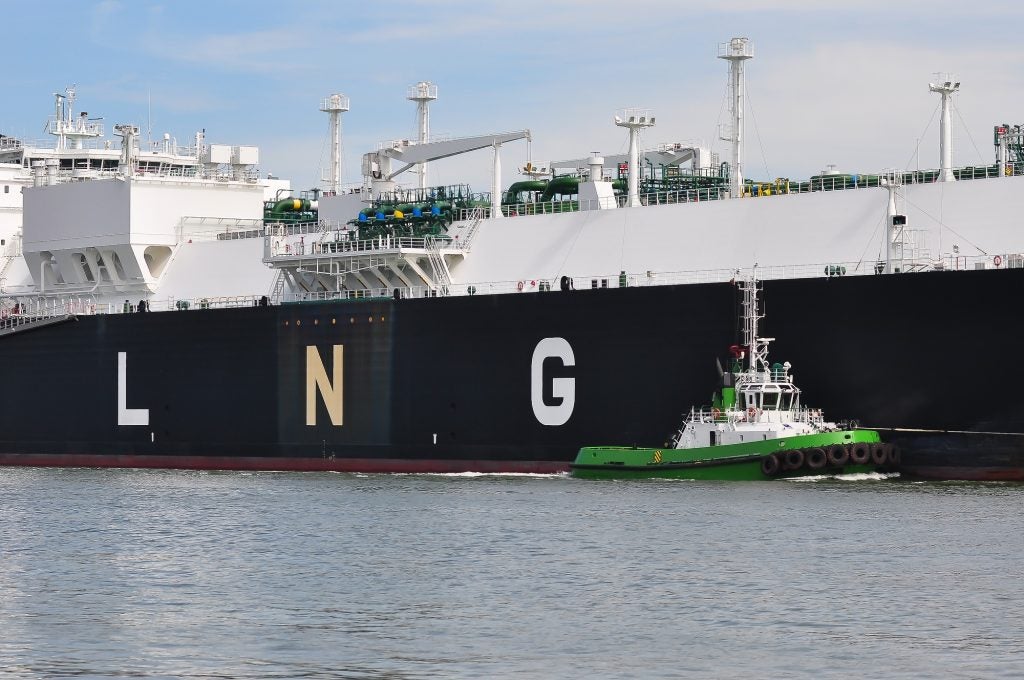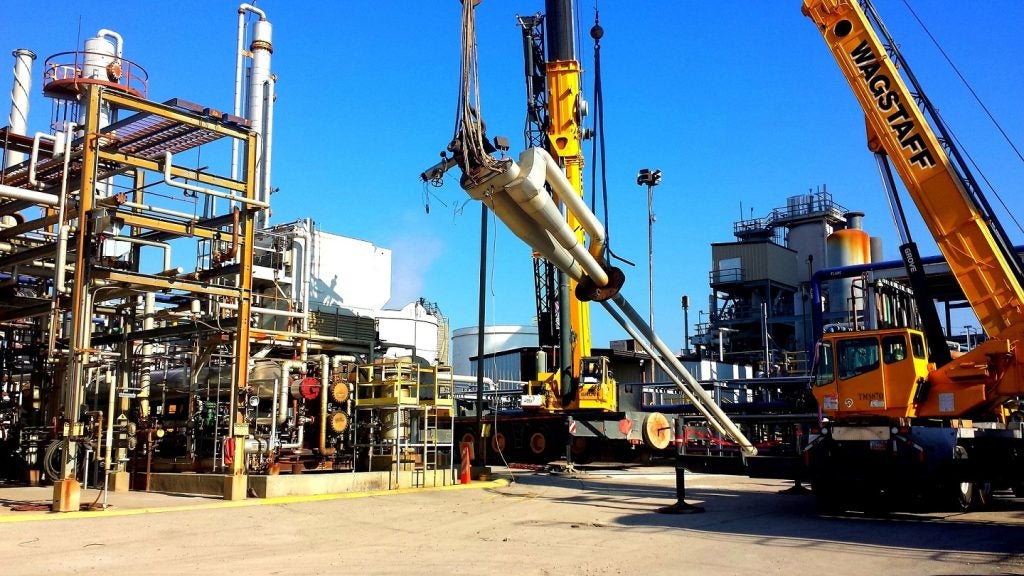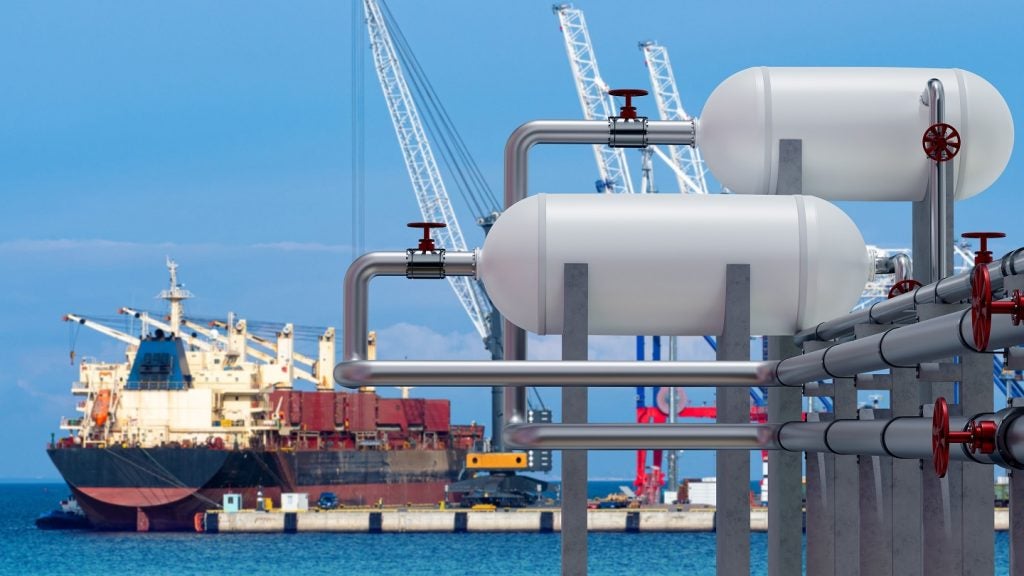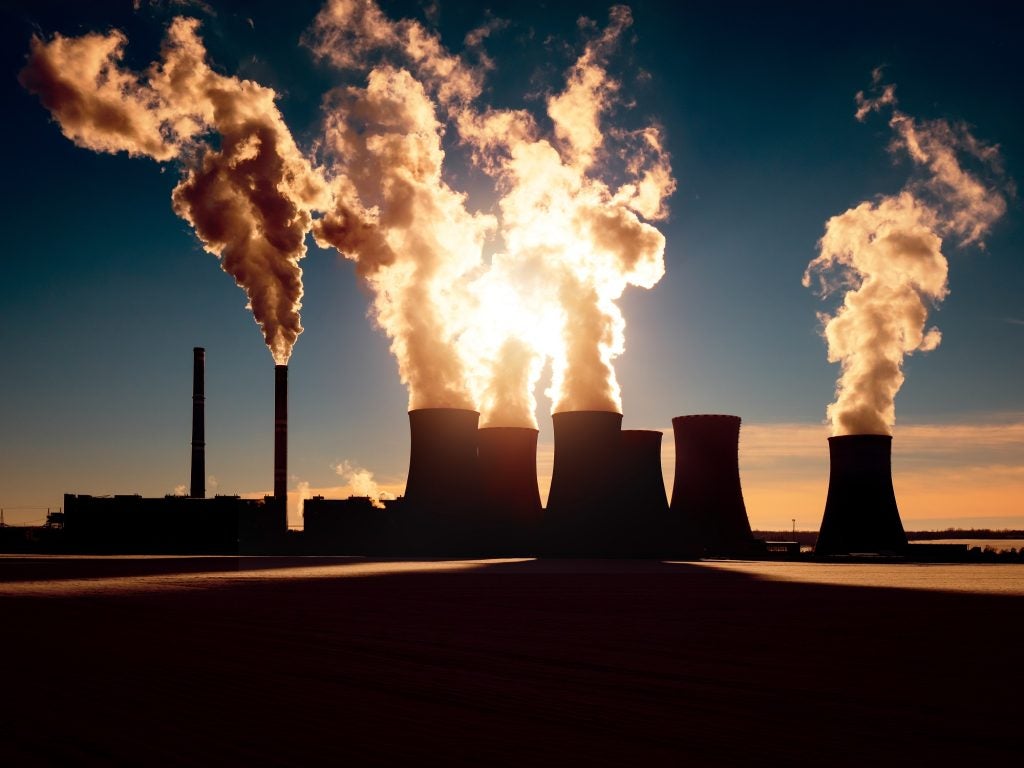The Canadian Government, through a special-purpose vehicle, is considering divesting its stake in the Trans Mountain oil pipeline to indigenous groups, reported Bloomberg News.
The government will provide access to capital to help the indigenous groups participate in the project, reported the news agency, citing a letter from Canada Deputy Prime Minister Chrystia Freeland's office.
According to the letter, the equity interest in the project will provide the communities with cash flows. It will also allow them to jointly exercise governing rights.
Furthermore, the indigenous groups with a stake in the special purpose vehicle will be allowed to participate in future rounds that could offer additional stakes in the pipeline project.
The government is considering opening talks with the indigenous groups along the pipeline’s route and shipping corridor.
In 2018, the Canadian Government acquired the Trans Mountain pipeline system and its expansion project from Kinder Morgan Canada for C$4.5bn ($3.3bn).
Recently, the government provided a loan guarantee of C$10bn to Trans Mountain Corporation, the holding company of the oil products pipeline, for the expansion project, reported Reuters.
The cost of the Trans Mountain expansion project has more than quadrupled to C$30.9bn due to construction setbacks and repeated delays.
The expansion project, which involves twinning the existing Trans Mountain pipeline, was initially budgeted at C$7.4bn in 2017.
Upon completion, the pipeline expansion project is expected to nearly triple the crude flow from Alberta's oil sands to Burnaby, British Columbia, to 890,000 barrels per day.
Construction of the project is close to 80% complete with commissioning scheduled in the first quarter of 2024.




